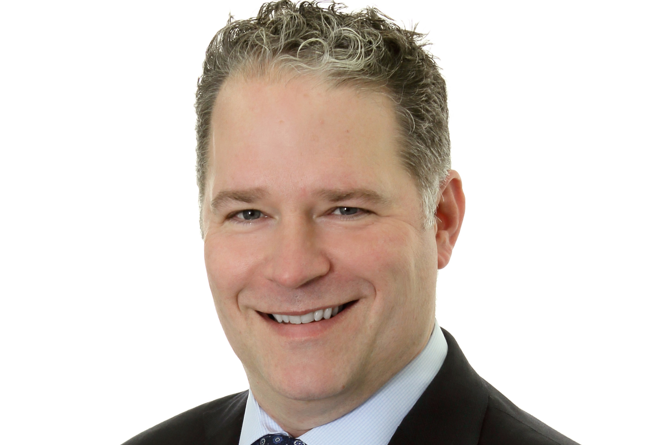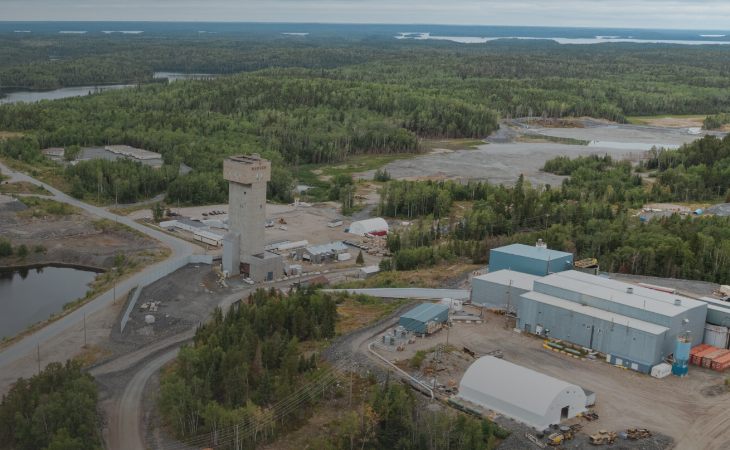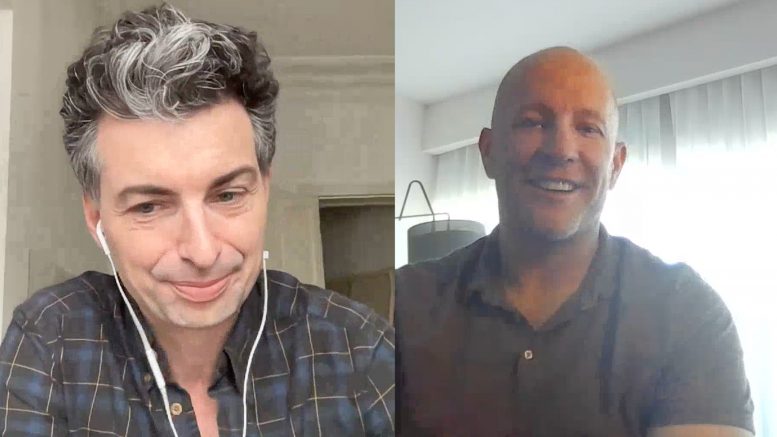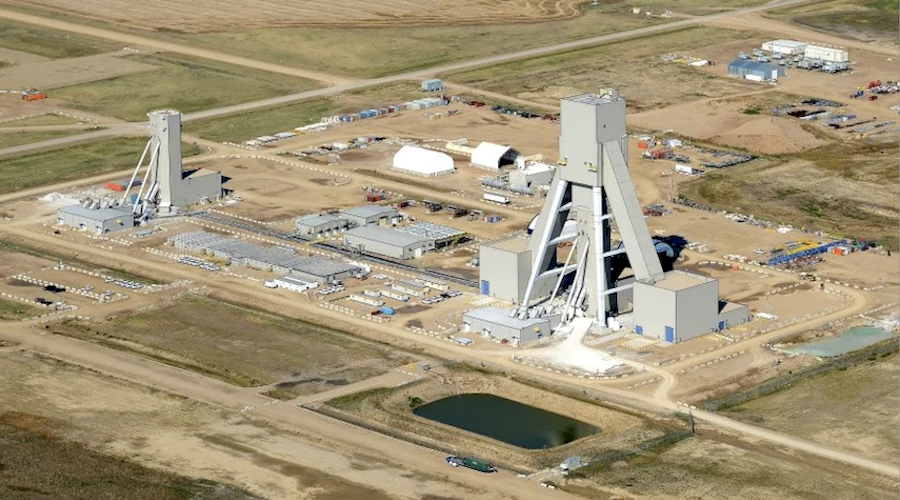"CSR" means "corporate social responsibility", and it is a growing part of the mine development process. We used to call similar initiatives being a responsible company or good neighbour to those who live near mining projects. Now CSR has become a set of principles that cover all things that touch indigenous people - environment, education, employment, housing, sustainability and so on.
But the "C" in CSR can also stand for "Canada" as exploration and mining companies offer the same level of consideration to Canadian aboriginals as they do in far-off lands. Here are a few recent examples.
Argex Mining of Montreal recently completed an archaeological study for its 100% owned La Blache iron-titanium property in northern Quebec. The study was conducted by Genivar in collaboration with the Innu of Pessamit. The proposed mine is located on the Nitassinan of Pessamit, a territory covering 255.4 km2. Although a number of archaeological sites have been noted elsewhere, none were identified either by this study or by the Innu of Pessamit on Argex's proposed mine site, pipeline route or industrial sites, according to the company. That helps clear the way for Argex (www.Argex.ca) to proceed with its preliminary economic assessment.
Avalon Rare Metals of Toronto has entered into an agreement with the Lutsel K'e Dene First Nation regarding the development of Avalon's Nechalacho rare earth elements deposit at Thor Lake, NT. After several years of regular consultation, Avalon and Lutsel K'e have established a co-operative and respectful relationship for responsible mineral development in Lutsel K'e's traditional territory. Both parties intend to continue and broaden this relationship through as they negotiate an accommodation agreement with the objective of concluding it in 2011. Several Lutsel K'e community members have been employed continuously at the project site since Avalon began drilling there in 2007. In addition, Avalon (www.AvalonRareMetals.com) has utilized logistical services for its drilling program through Lutsel K'e joint venture businesses.
Calgary's Golconda Resources has created a limited partnership with Birch Narrows First Nation to provide diamond drilling services to the mineral industry in Saskatchewan. The partnership is owned 51% by Birch Narrows, and 49% by Lyncorp Drilling Services, a subsidiary of Goldonda (www.GolcondaResources.com).
Toronto-based Rencore Resources has signed an exploration agreement with Webequie First Nation (WFN). Rencore plans to begin drilling geophysical anomalies on its claims nearby. The company will contribute annually toward the WFN Community Sustainability Fund in amounts based on a percentage of its exploration expenditures on claims within the ancestral, traditional and customary lands of the WFN. Rencore will also issue warrants to purchase common shares of Rencore (www.RencorResources.com) to WFN. The agreement also includes terms outlining environmental protection, employment, training and business opportunities, and the mitigation of impacts on the traditional pursuits of members of WFN.
Shore Gold of Saskatoon and the Nipawin Biomass Ethanol New Generation Co-operative have signed a memorandum of understanding with regard to timber removal from the Star-Orion South diamond project near Prince Albert, SK. The agreement allows Nipawin Biomass to remove waste timber from the site of Shore's future mining activities at no cost to Shore. Nipawin Biomass and the Saskatchewan Research Council have jointly developed a technology that will process synthesis gas from waste wood and waste farm fibres into ethanol and other alcohols. Shore (www.ShoreGold.com) and Nipawin Biomass both benefit - Shore's costs are reduced and Aboriginal people and businesses will be involved in the clearing, removal and transportation of the slash.
The mining industry does not have to practice CSR on a case-by-case basis. Members of the Ontario Mining Association (www.OMA.on.ca) have created a successful training venture called the Matachewan Aboriginal Access to Mines Jobs Training Strategy (MAATS), and the graduates are readily finding jobs at Ontario mines. The six-month program enjoys the support of Human Resources and Skills Development Canada and the Aboriginal Skills and Employment Partnership.
Even if the "C" in CSR doesn't stand for "Canada", readers can see that our industry is at the forefront of a growing discipline.





Comments